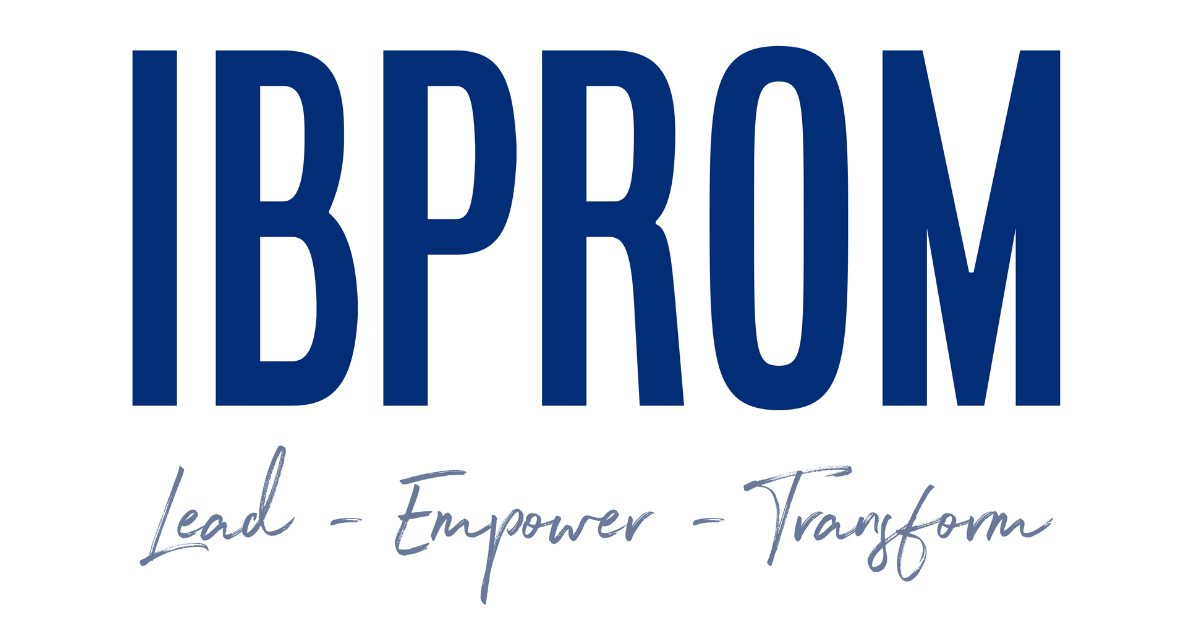Within the sphere of transformative leadership, the importance of effective communication cannot be overstated. One essential aspect of communication that is often overlooked yet holds incredible power in strengthening relationships, fostering trust, and promoting team unity is active listening. Active listening involves fully engaging with and understanding the speaker, not only hearing the words, but also interpreting their intended meaning, emotions, and underlying thoughts. In the context of leadership, active listening is the key to unlocking empathy, building trust, and fostering genuine connection within your team.
In this article, we will explore the significance of active listening in effective leadership, delving into the benefits, techniques, and practical applications of this powerful skill. By mastering active listening, leaders can enhance their understanding of team dynamics, support their team members more effectively, and ultimately elevate their organization's success.
Moreover, our specialized executive coaching services can offer valuable support and guidance as you seek to hone your active listening skills. Through personalized coaching, assessments, and expert insights, our professional coaches can provide practical strategies to enhance your listening abilities and help transform your approach to communication and leadership.
Embark on your journey to active listening mastery, and experience the transformative power of true communication in building trust, empathy, and connection within your team and organization.
The Benefits of Active Listening in Leadership
Incorporating active listening into your leadership approach can lead to numerous tangible benefits, including:
1. Enhancing Trust and Rapport:
Active listening demonstrates to your team members that you genuinely care about their thoughts, concerns, and feelings, fostering greater trust and establishing a strong rapport between you and your team.
2. Building Empathy:
Actively listening to your team allows you to understand and empathize with their emotions, perspectives, and needs, enabling you to provide appropriate support and guidance.
3. Encouraging Open Communication:
When leaders practice active listening, it encourages team members to feel comfortable and secure in sharing their ideas, challenges, and achievements, promoting a culture of open, transparent communication within the organization.
4. Facilitating Problem Solving and Decision Making: Active listening enhances your understanding of team dynamics, allowing you to identify potential challenges and opportunities more effectively, and ultimately make better-informed decisions.
Techniques to Master Active Listening
To develop your active listening skills, consider implementing the following techniques:
1. Remain fully present:
While engaging in conversation, maintain eye contact, and avoid distractions such as checking your phone or thinking about your next meeting. This demonstrates your commitment to truly understanding the speaker's message.
2. Be patient and avoid interruptions:
Allow the speaker to complete their thoughts without interrupting or finishing their sentences. This demonstrates respect for their perspective and a genuine desire to understand their message.
3. Ask open-ended questions: Make use of open-ended questions that encourage elaboration, fostering deeper understanding and promoting meaningful dialogue.
4. Paraphrase and summarize:
Reflect the speaker's message back to them by paraphrasing their main points or summarizing their key ideas. This allows both you and the speaker to ensure that you have accurately understood their message and provides an opportunity for clarification if needed.
Active Listening in Action: Practical Applications for Leaders
Leaders can apply active listening skills in a variety of contexts to strengthen their relationships, support their team, and drive organizational success:
1. Team Meetings: Utilize active listening during team meetings to ensure that everyone's opinions, ideas, and concerns are acknowledged, and to foster constructive dialogue among team members.
2. One-on-One Check-Ins:
When conducting one-on-one check-ins with team members, practice active listening to understand their progress, challenges, and areas for growth, and to provide targeted, appropriate guidance.
3. Conflict Resolution:
In situations where conflicts arise among team members, active listening can help create an open, nonjudgmental environment in which individuals feel supported and heard, ultimately leading to more effective conflict resolution and problem-solving.
4. Performance Reviews:
During performance reviews, engage in active listening to ensure genuine, meaningful feedback and support, while fostering an atmosphere of mutual understanding and respect.
The Role of Executive Coaching in Enhancing Active Listening in Leadership
Through our customized executive coaching services, our expert coaches can support your development of active listening skills by providing personalized guidance, strategies, and insights, enabling you to:
1. Assess Your Current Listening Abilities:
Utilize evidence-based assessments to gauge your current level of active listening skills, identifying strengths and areas for improvement.
2. Develop a Tailored Active Listening Plan: Collaborate with your executive coach to create a targeted active listening development plan, incorporating specific goals and strategies that align with your unique needs and context.
3. Refine Your Skills through Practice and Feedback: Receive ongoing support, feedback, and coaching from your executive coach throughout your active listening development journey, helping you continuously hone your skills and enhance your leadership capabilities.
4. Evaluate the Impact of Your Active Listening Development:
Work with your coach to assess the tangible outcomes of your active listening efforts, identifying successes and opportunities for continued growth and refinement.
Conclusion
By mastering active listening, leaders can build greater trust, empathy, and connection within their teams, ultimately empowering their organization's success in today's dynamic, competitive business landscape. Our executive coaching services can offer the targeted support, expert insights, and practical strategies necessary to elevate your active listening skills and achieve transformational leadership growth.
Begin your active listening development journey today, and experience firsthand how this essential communication skill can foster trust, empathy, and connection, driving your team and organization to new heights of success. Contact IBPROM today for
professional development in Ottawa!







